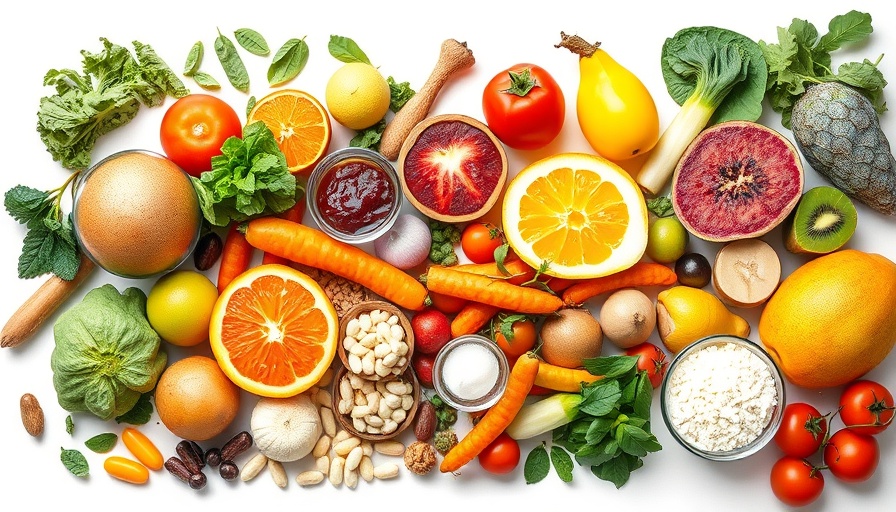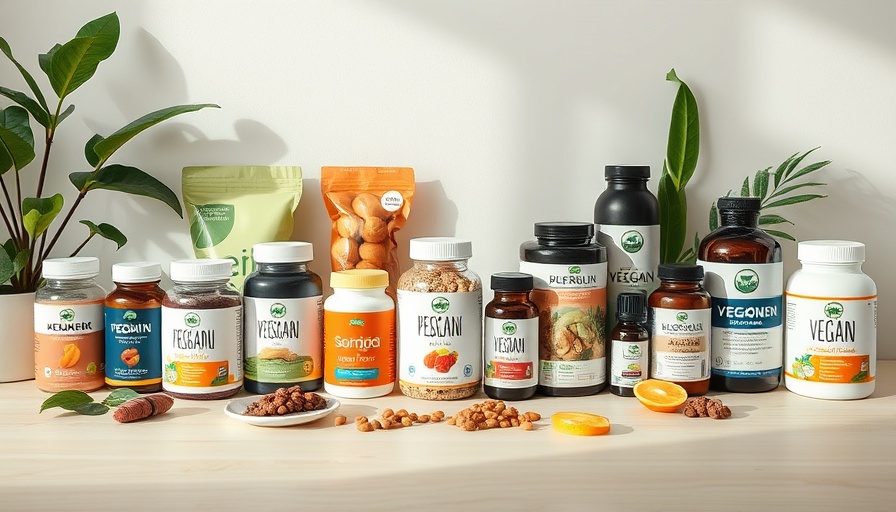
Essential Vegan Nutrition: Key Tips for a Healthy Diet
As an adult between the ages of 30 to 60 who embraces a vegan lifestyle, understanding essential nutrition is crucial for your overall health. While adopting a vegan diet provides numerous health benefits, it also presents certain challenges regarding nutrient intake that must be addressed. Here, we will explore vital nutrition tips for vegans, ensuring you thrive in your wellness journey.
Understanding Nutritional Needs
The first step in optimizing your vegan diet is understanding your body's nutritional needs. A well-balanced vegan diet should include a variety of foods from all the food groups, paying special attention to nutrients commonly found in animal products. Key nutrients such as protein, iron, calcium, omega-3 fatty acids, vitamin B12, vitamin D, and zinc are essential for maintaining good health.
Balancing Protein Intake: Plant-Based Sources
One common misconception about vegan diets is that they lack sufficient protein. In reality, there are numerous plant-based protein sources available. Foods like lentils, beans, tofu, tempeh, quinoa, and nuts can provide adequate protein for your needs. The key is to consume a variety of these sources throughout the day to ensure you receive a complete amino acid profile.
Navigating Vitamin B12: The Vegan Dilemma
Vitamin B12 is critical for nerve function and blood cell development. However, it is primarily found in animal products, making it a nutrient of concern for vegans. To prevent deficiency, it is recommended that vegans consume fortified foods such as plant-based milks, breakfast cereals, and nutritional yeast, or take a B12 supplement to meet their needs.
Iron and Calcium: The Essential Minerals
Iron is another nutrient that requires attention. Plant-based sources include lentils, chickpeas, quinoa, and fortified cereals. Pairing these with vitamin C-rich foods, like citrus fruits or bell peppers, can enhance iron absorption. Similarly, calcium can be found in fortified plant milks, leafy greens, and tofu. Ensuring a good intake of these minerals will support bone health and overall wellness.
The Importance of Omega-3 Fatty Acids
Omega-3s are vital for heart health and brain function, yet they are usually sourced from fish. Vegans can opt for flaxseeds, chia seeds, walnuts, or algae-based supplements to meet their omega-3 needs. These alternatives can help mitigate the risks associated with deficiencies.
Supplements: A Thoughtful Approach
While a well-planned vegan diet can provide many essential nutrients, the addition of supplements is sometimes necessary. Consulting with a healthcare provider or a registered dietitian familiar with vegan nutrition can help determine which supplements are appropriate for your specific dietary needs.
Staying Informed: Continuous Learning
The landscape of vegan nutrition is ever-evolving, with new research continually emerging regarding plant-based diets. Staying informed about the latest studies can empower you to make educated choices. Whether through books, online resources, or consultations with nutrition specialists, continuous learning plays a significant role in effective dietary management.
Final Thoughts: Empower Your Vegan Journey!
In adopting a vegan lifestyle, you are taking proactive steps towards your health and the planet's well-being. By understanding your nutritional needs and focusing on a well-rounded diet rich in essential nutrients, you will cultivate a balanced, healthful approach to living. Don’t hesitate to consult professionals as needed, and be sure to enjoy the delicious variety that a vegan diet has to offer!
 Add Row
Add Row  Add
Add 




Write A Comment